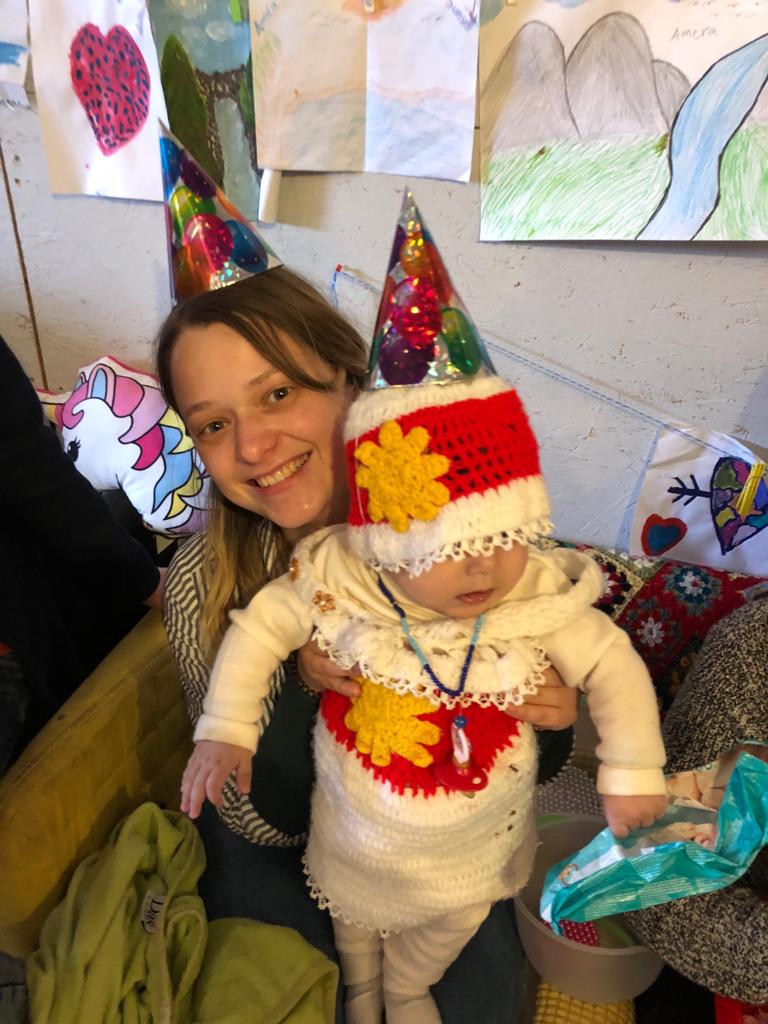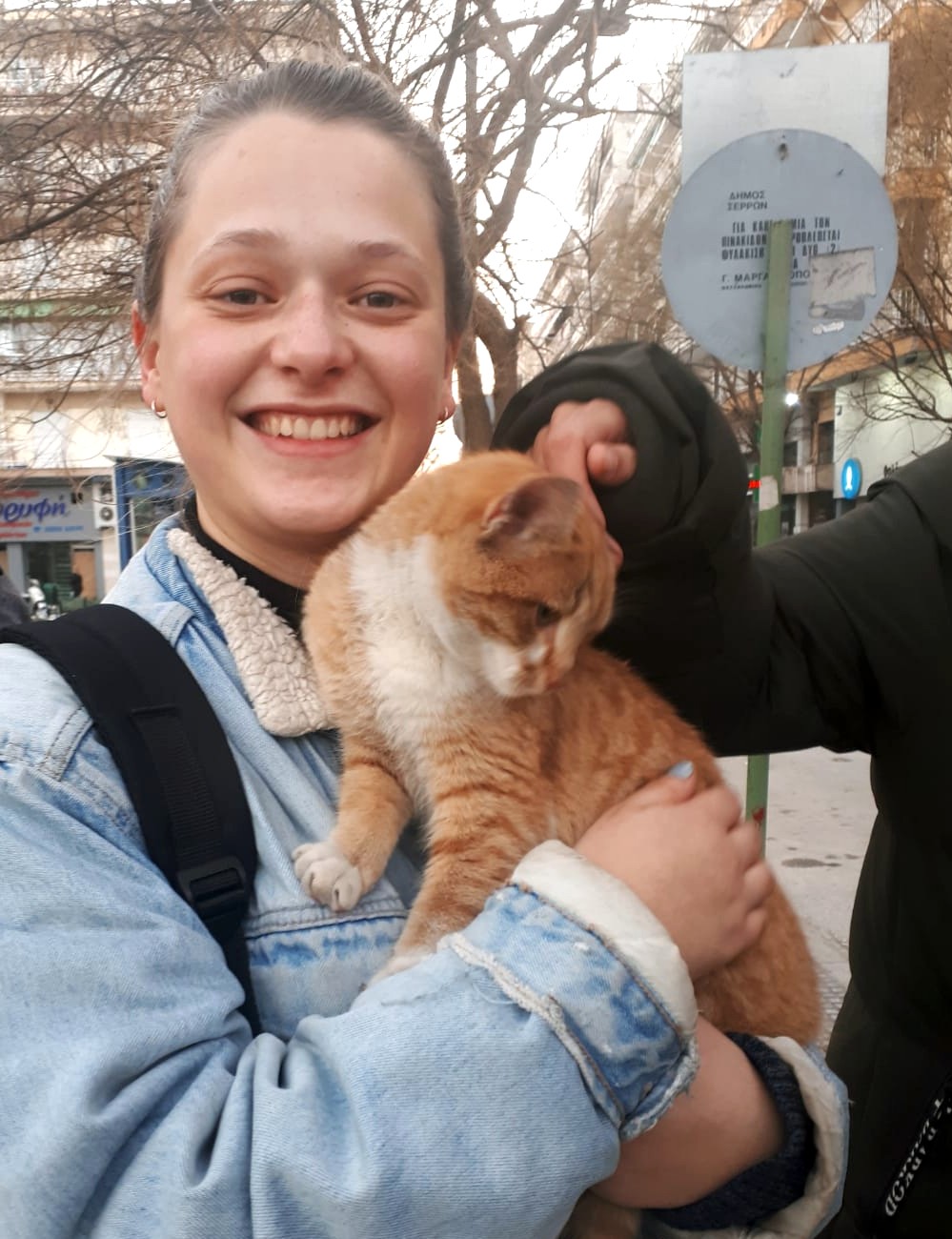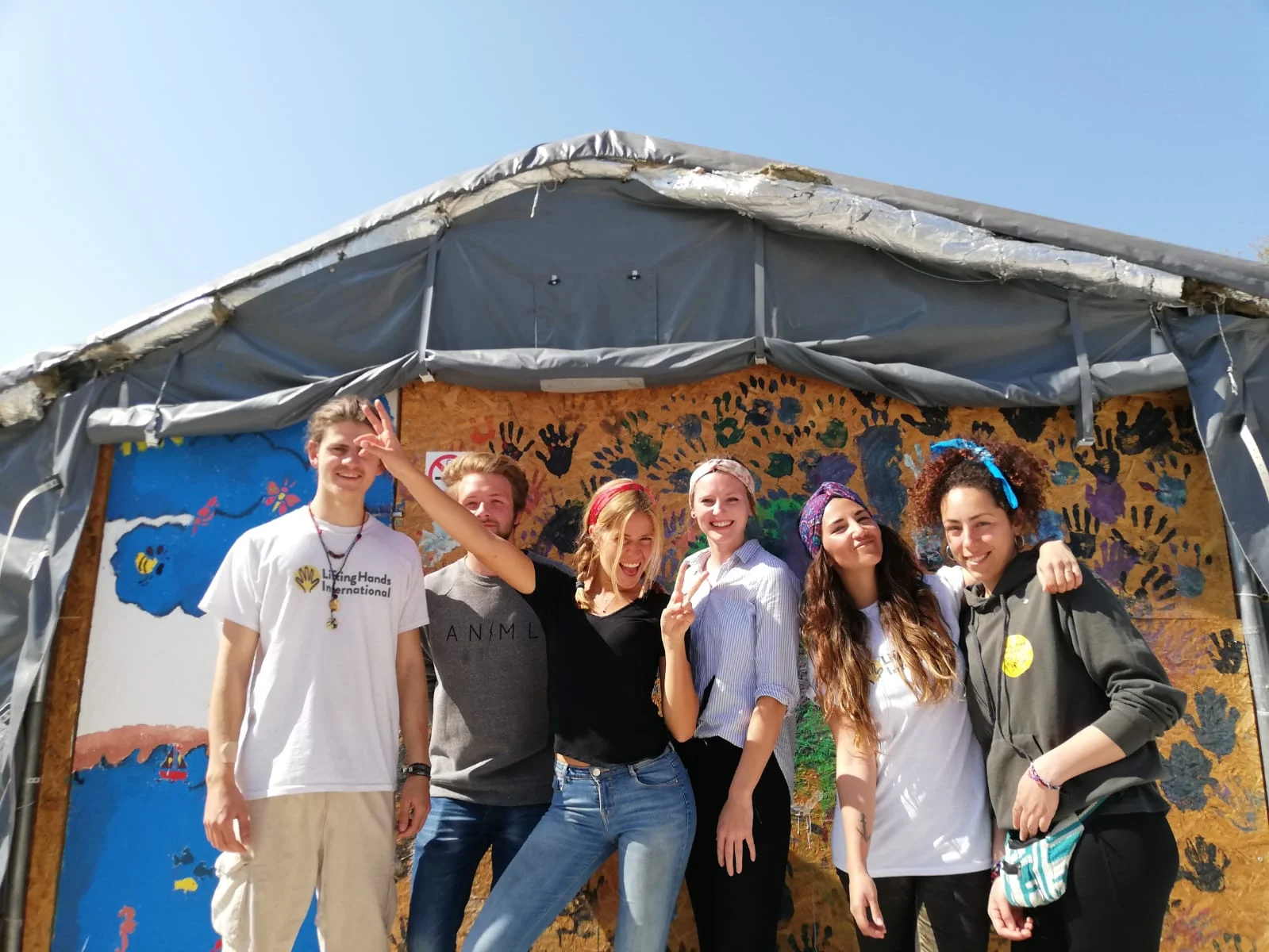Contributor: Twila Bird, TSOS
Photographer: Kristi Burton, TSOS
This information comes from our continued partnership with Their Story is Our Story, and explains how Central Americans coming to the US have the legal right to seek asylum here.
Asylum seekers freshly released from border detention centers wait for travel arrangements to be made for continued journeys to scattered U.S. destinations.
These families, escaping gang violence and persecution in Guatemala, Honduras, and El Salvador, have undertaken a dangerous journey to seek safety in the United States. They are shown here in a church in Arizona where a Homeland Security bus dropped them off after being processed in border detention centers. The families are on their way to destinations scattered around the country where sponsors are waiting to receive them. Each individual will have future opportunity to make their cases for asylum before an administrative judge.
Seeking asylum is a legal right. Asylum is a form of protection granted to individuals who can demonstrate that they are unable or unwilling to return to their country because of persecution or a well-founded fear of persecution on account of race, religion, nationality, or membership in a particular social group. The right to seek asylum was incorporated into international law following the atrocities of World War II. Congress adopted key provisions of the Geneva Refugee Convention into U.S. immigration law when it passed the Refugee Act of 1980. (For more information, see the International Rescue Committee’s website: Rescue.org.)



























